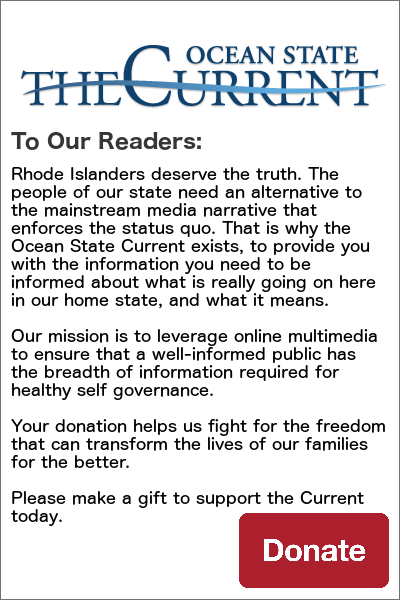Does an Ideological Discipline Deserve the Suffix, “-ologist”?
In a co-written article for City Journal, John Paul Wright and Matt DeLisi make an important observation that applies much more broadly than just to the field of study that forms their topic, criminology:
Walter Miller, one of the few mid-twentieth-century criminologists whose work was unapologetically conservative, suggested that ideology can turn “plausibility into ironclad certainty . . . conditional belief into ardent conviction . . . and reasoned advocate into the implacable zealot.” When shared beliefs take hold, as they often do in the academic bubble in which most criminologists live, ideological assumptions about crime and criminals can “take the form of the sacred and inviolable dogma of the one true faith, the questioning of which is heresy, and the opposing of which is profoundly evil.” …
[box type=”note” style=”rounded”]To Our Readers: We need your support to challenge the progressive mainstream media narrative. Your donation helps us deliver the truth to Rhode Islanders. Please give now.[/box]
Liberal political values can shape and distort the research that criminologists do and the public positions that they take. Lee Ellis and Anthony Walsh surveyed several hundred criminologists and found that self-reported ideological perspective was strongly associated with the type of theory that the scholar most often advocated, with liberal criminologists primarily supporting theories that locate the causes of crime in social and economic deprivation. Coauthor John Wright has recently collected data showing that political ideology predicts almost perfectly the policy positions of criminologists. On issues ranging from gun control to capital punishment to three-strikes laws, liberal criminologists showed almost no variation in their beliefs. (Needless to say, they dislike guns, oppose punitive sentences, and vehemently object to the death penalty.)
As an aside, consider how telling is the list of positions in that closing parenthetical. The liberal criminologists, don’t tend to believe in putting people where they can’t inflict crime on society for extended periods, but they’d like to permanently limit all of our freedoms when it comes to the weapons that criminals sometimes use, thus making our entire society a little bit more jail-like.
More to the point, though, it’s difficult not to be suspicious when some discipline of academics — some “-ology” — begins to behave as if there’s really very little debate to be had about practical political issues, and that the public’s popular leanings are wrong.


